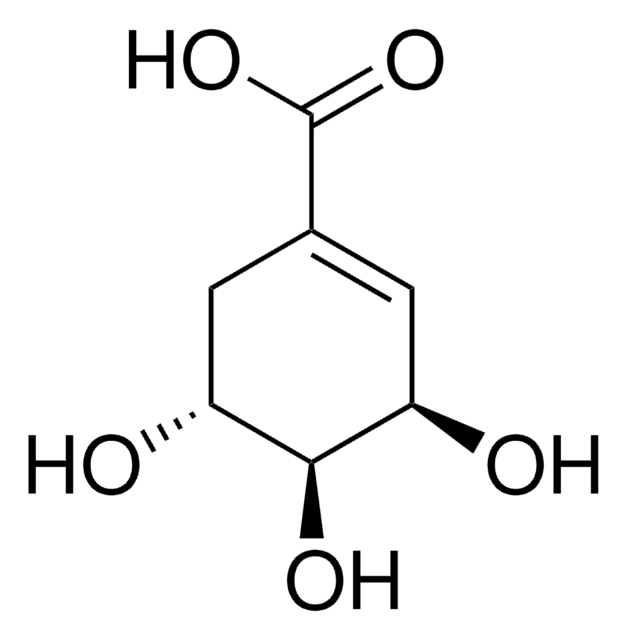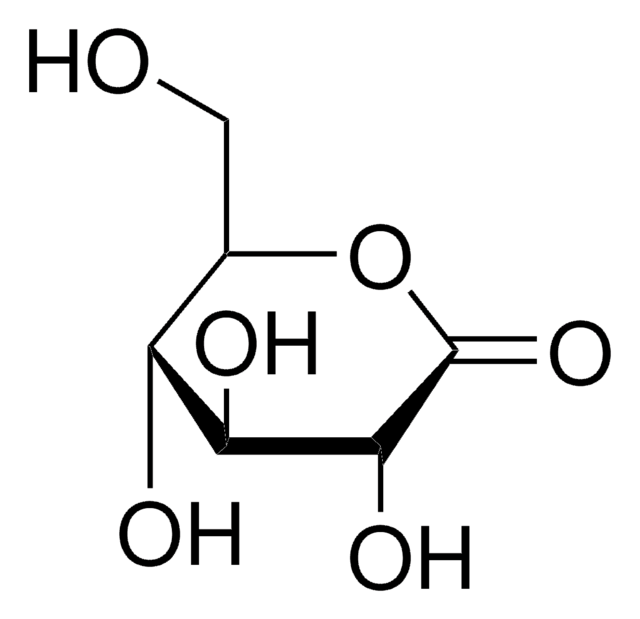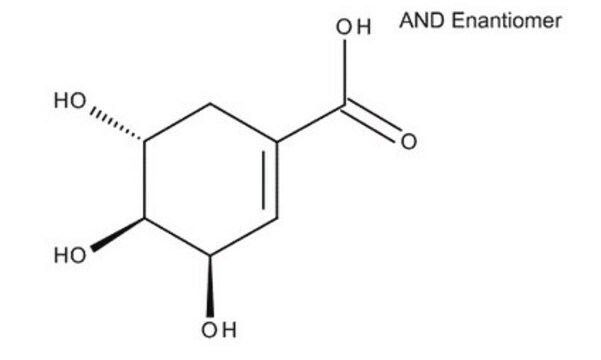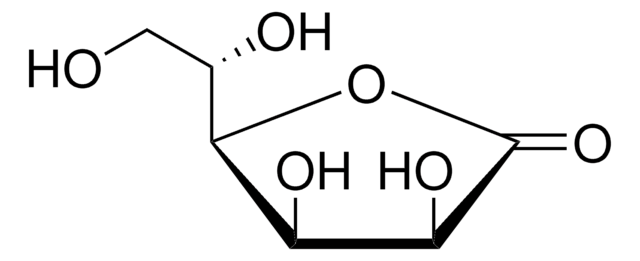260428
3-Ethoxy-1,2-propanediol
98%
Sinônimo(s):
3-Ethoxypropane-1,2-diol, Glycerol 1-ethyl ether
Faça loginpara ver os preços organizacionais e de contrato
About This Item
Fórmula linear:
C2H5OCH2CH(OH)CH2OH
Número CAS:
Peso molecular:
120.15
Número CE:
Número MDL:
Código UNSPSC:
12162002
ID de substância PubChem:
NACRES:
NA.23
Produtos recomendados
Nível de qualidade
Ensaio
98%
Formulário
liquid
índice de refração
n20/D 1.441 (lit.)
p.e.
222 °C (lit.)
densidade
1.063 g/mL at 25 °C (lit.)
cadeia de caracteres SMILES
CCOCC(O)CO
InChI
1S/C5H12O3/c1-2-8-4-5(7)3-6/h5-7H,2-4H2,1H3
chave InChI
LOSWWGJGSSQDKH-UHFFFAOYSA-N
Procurando produtos similares? Visita Guia de comparação de produtos
Categorias relacionadas
Descrição geral
3-Ethoxy-1,2-propanediol (also known as glycerol α-ethyl ether) is primarily used as a solvent in various industries, including pharmaceuticals, cosmetics, and coatings. It can also be used as a substrate in the synthesis of cyclic phosphates for use in flame retardants.
Aplicação
3-Ethoxy-1,2-propanediol (EGE) can be used as a crosslinking agent in the development of poly(glycidol) hydrogels for use in various biomedical applications such as tissue engineering and drug delivery. It is also used as a potential component in a bio-based solvent system for dissolving or processing nitrocellulose.
3-Ethoxy-1,2-propanediol can be used as:
3-Ethoxy-1,2-propanediol can be used as:
- An analyte protector in gas chromatographic analysis of pesticides.
- An acceptor substrate in glycosylation reaction by sucrose phosphorylase.
Palavra indicadora
Warning
Frases de perigo
Declarações de precaução
Classificações de perigo
Skin Irrit. 2
Código de classe de armazenamento
10 - Combustible liquids
Classe de risco de água (WGK)
WGK 2
Equipamento de proteção individual
Eyeshields, Gloves, type ABEK (EN14387) respirator filter
Escolha uma das versões mais recentes:
Já possui este produto?
Encontre a documentação dos produtos que você adquiriu recentemente na biblioteca de documentos.
Os clientes também visualizaram
Lijun Han et al.
Journal of agricultural and food chemistry, 66(20), 4986-4996 (2017-11-15)
In this study, analytical results were compared when using different approaches to bulk food sample comminution, consisting of a vertical chopper (Blixer) at room temperature and dry ice cryogenic conditions, followed by further subsample processing (20 g) using liquid nitrogen
Lucia Ivorra et al.
Chemosphere, 235, 662-669 (2019-07-06)
Uptake and depuration kinetics of 4,4'-dichlorobenzophenone (main metabolite of dicofol) in the edible clam Meretrix meretrix were evaluated through a mesocosm experiment. M. meretrix was exposed to different dicofol concentrations (environmental concentration, D1 = 50 ng/L; supra-environmental concentration, D2 = 500 ng/L) for 15 days, followed by
Jian Du et al.
Scientific reports, 6, 38355-38355 (2016-12-08)
The presence of pesticides in human milk (HM) is of great concern due to the potential health effects for the breastfed infant. To determine the relationships between HM pesticides and infant growth and development, a longitudinal study was conducted. HM
Jian Du et al.
Chemosphere, 167, 247-254 (2016-10-12)
Persistent organic pollutants in human milk (HM) at high levels are considered to be detrimental to the breastfed infant. To determine the pesticide concentration in HM, a pilot cross-sectional study of 40 Western Australian (WA) women was carried out. Gas
Jimi Cho et al.
Food additives & contaminants. Part A, Chemistry, analysis, control, exposure & risk assessment, 33(12), 1803-1816 (2016-09-14)
The analysis of pesticides in food products requires accurate measurements for which standardised protocols have been developed. This paper reports the validation of QuEChERS (quick, easy, cheap, effective, rugged, and safe)-based methods applied to three different food samples (brown rice
Global Trade Item Number
| SKU | GTIN |
|---|---|
| 260428-1G | 4061838252760 |
Nossa equipe de cientistas tem experiência em todas as áreas de pesquisa, incluindo Life Sciences, ciência de materiais, síntese química, cromatografia, química analítica e muitas outras.
Entre em contato com a assistência técnica







